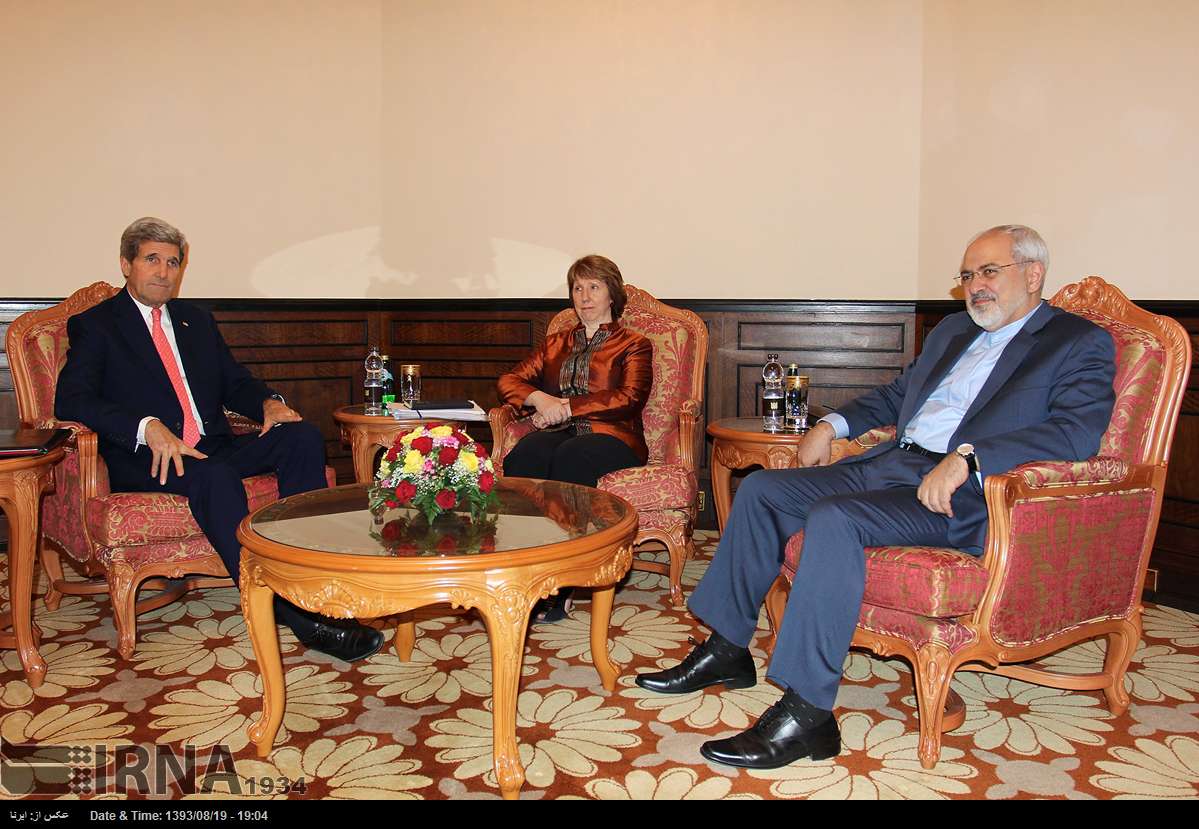 (Reuters) - The United States, Iran and Europe were weighing their next moves on Tuesday after two days of nuclear talks in Oman failed to produce any apparent breakthrough ahead of a Nov. 24 deadline.
(Reuters) - The United States, Iran and Europe were weighing their next moves on Tuesday after two days of nuclear talks in Oman failed to produce any apparent breakthrough ahead of a Nov. 24 deadline.
One of Iran's chief negotiators, Deputy Foreign Minister Abbas Araqchi, described the Oman talks as "two days of very hard work", the official IRNA news agency reported.
"We are still not in a position to claim that progress is achieved, although I cannot say that it was no good, either," he added. "Every dimension of the negotiations, over any particular topic, has many side issues and technical, legal, and political complications."
U.S. officials similarly described the talks as complex and difficult, but refused to provide details.
In Washington, State Department spokeswoman Jen Psaki said Iranian Foreign Minister Mohammad Javad Zarif, U.S. Secretary of State John Kerry and EU envoy Catherine Ashton had held "tough, direct and serious" negotiations.
A senior State Department official traveling with Kerry said: "There's more work to do, clearly."
After leaving Oman, Kerry arrived in Beijing on Tuesday for an Asia-Pacific conference where, officials said, he and U.S. President Barack Obama would confer on next diplomatic steps.
An agreement to curb Iran's nuclear program, which Washington and its allies say may be aimed at building a weapon, would provide a historic foreign policy success for Obama.Iran, which says its nuclear work is for peaceful purposes, would see the removal of punishing economic sanctions.
But the complex negotiations face both a deadline that is two weeks away, and political opposition in the United States, Iran and Israel.
En route to Beijing, Kerry spoke by phone with Israeli Prime Minister Benjamin Netanyahu, a second senior official said.
On Monday, Netanyahu denounced reported remarks by Iran's Supreme Leader, Ayatollah Ali Khamanei, calling for Israel's destruction, and said he had sent a letter to the foreign ministers of the P5+1 countries - the five U.N. Security Council members, plus Germany.
"This terrorist regime in Iran must not be allowed to become a nuclear threshold power. And I call on the P5+1 countries – don’t rush into a deal that would let Iran rush to the bomb," Netanyahu said in a statement.
U.S. Republicans, who won control of the Senate in last week's midterm elections, also are hawkish on Iran and have threatened it with new sanctions. The Iranians raised the subject of the U.S. elections in Oman, officials said, but did not dwell on it.
The negotiations, which will culminate in Vienna starting next week, aim to yield an accord that would put verifiable limits on Iran’s uranium enrichment work in return for a gradual lifting of sanctions.
By Reuters
The Iran Project is not responsible for the content of quoted articles.

 QR code
QR code